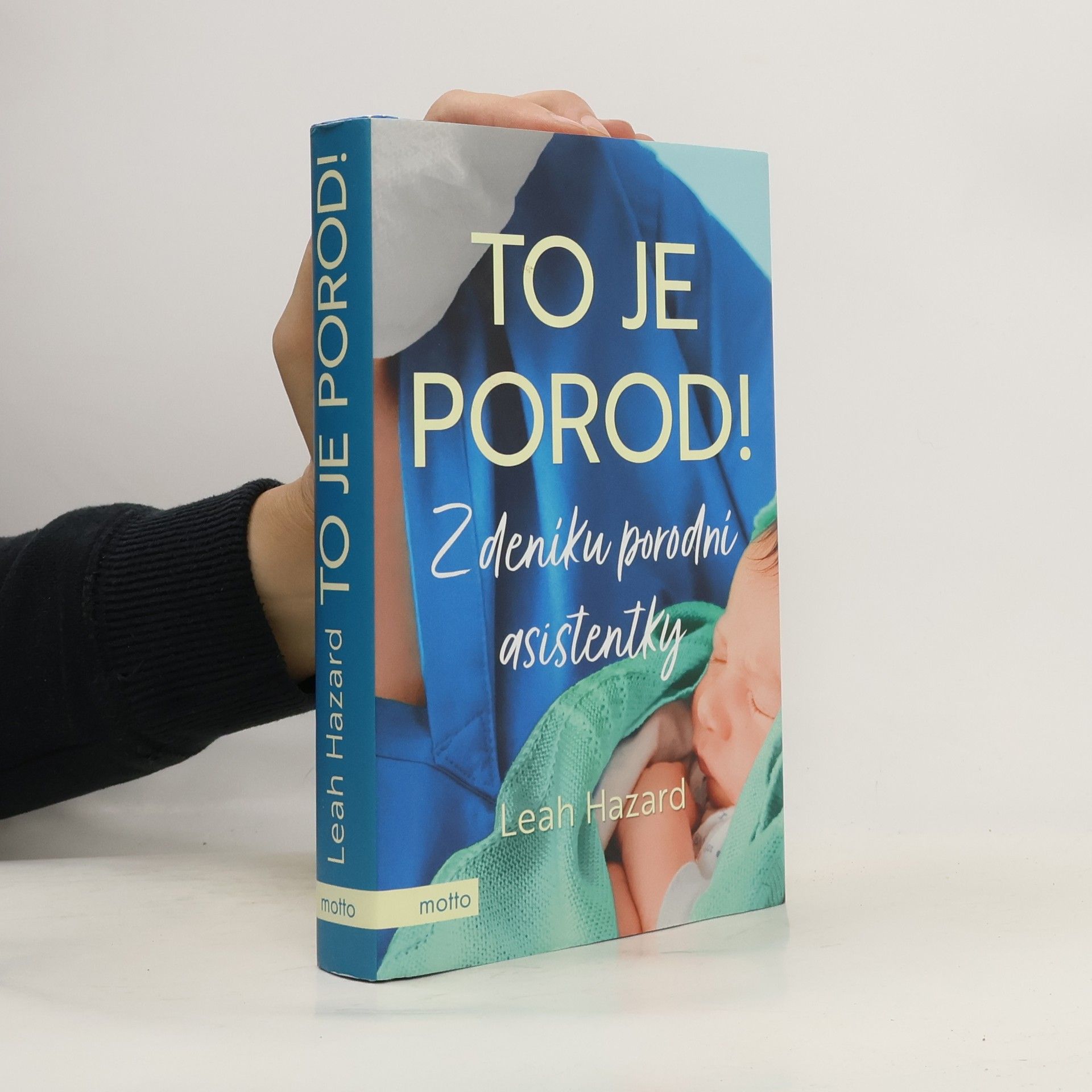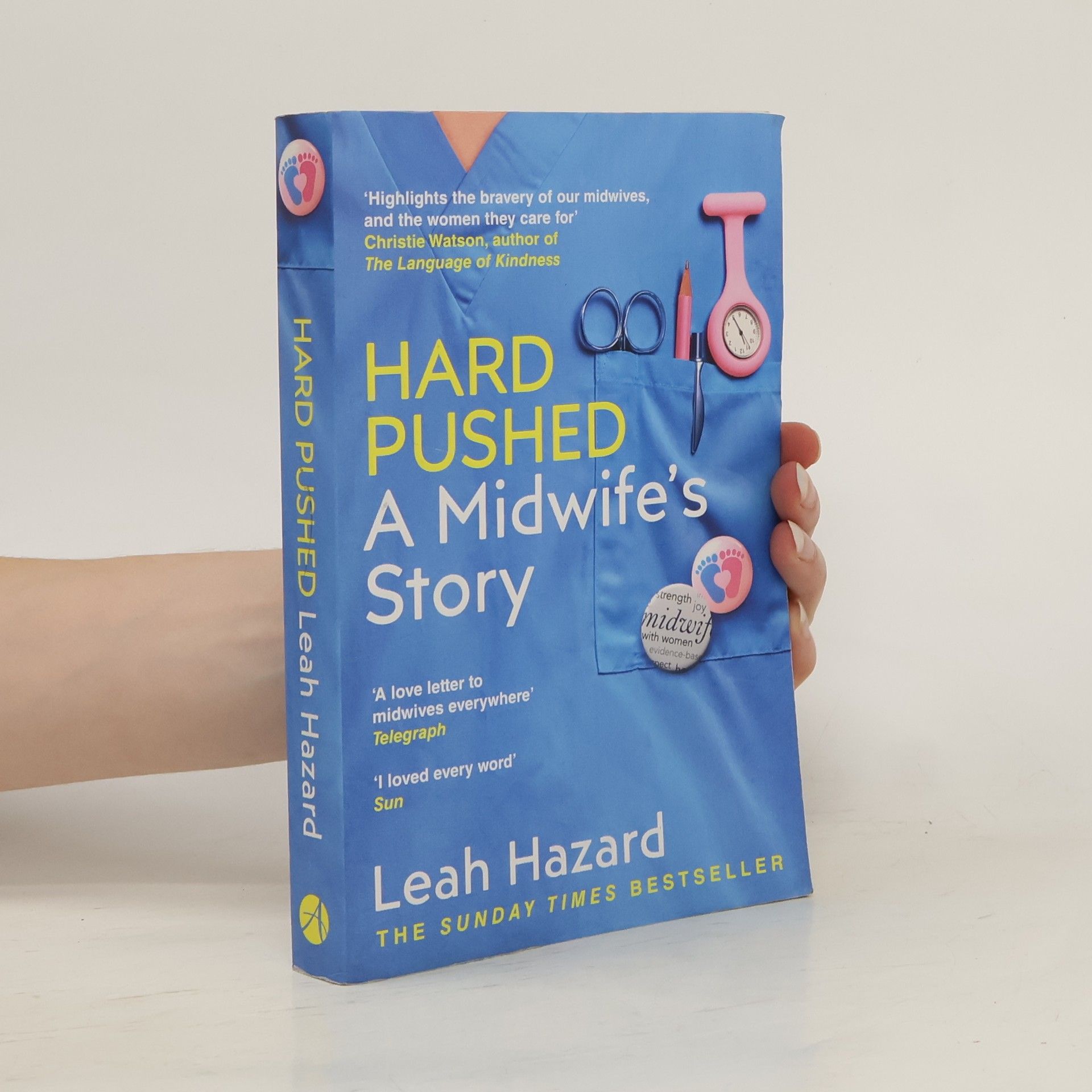Hard Pushed
- 368pages
- 13 heures de lecture
No sleep for 20 hours. No food for 10. And a ward full of soon-to-be mothers. Welcome to the life of a midwife. Leah Hazard's work in the maternity wards of the NHS frontline is more extreme than you could ever imagine. From the bloody to the beautiful, from moments of utter vulnerability to remarkable displays of strength, from camaraderie to raw desperation, from heart-wrenching grief to the pure, perfect joy of a new-born baby, Leah has seen it all. Through her eyes, we meet Eleanor, whose wife is a walking miracle of modern medicine, their baby a feat of reproductive science; Crystal, pregnant at just 15, the precarious, flickering life within her threatening to come far too soon; Mrs Bhatti, a Bangladeshi lady who insists that Leah simply must write her own elaborate thank-you card; and Pei Hsuan, who has travelled hundreds of miles to somehow find herself at the open door of Leah's ward.




